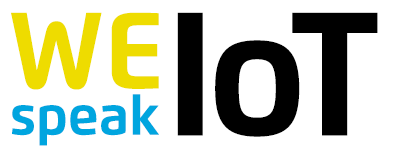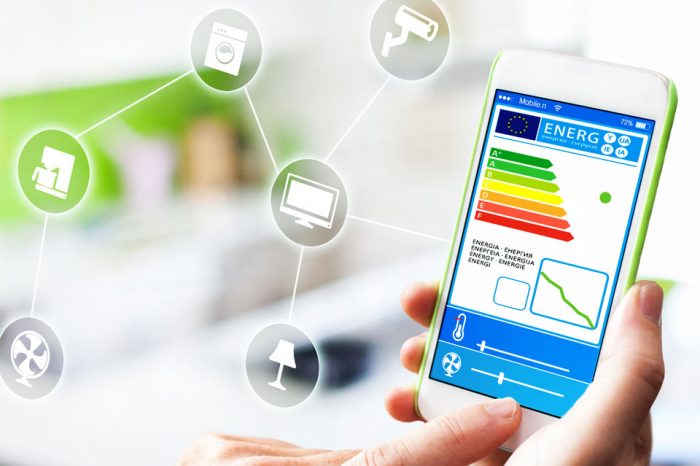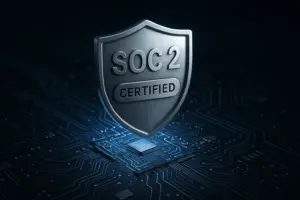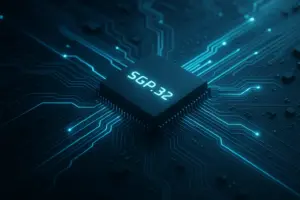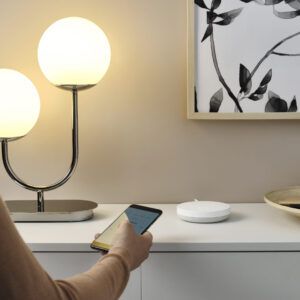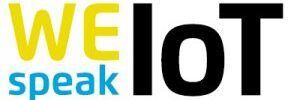Will IoT-enabled smart water meters make their way for the water industry?
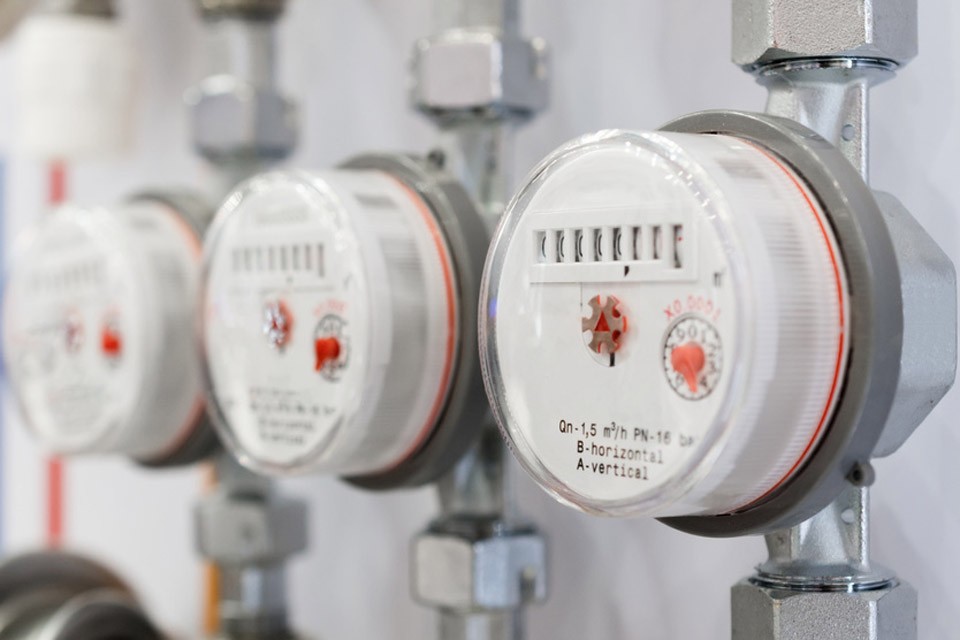
The modernization of utility networks is considered to be the largest infrastructure project of all times. In Germany alone 40 million private households and a huge variety of smart metering devices need to get integrated in an intelligent power grid. But thats not the end of the story: Smart water meters could be next.
Looking at the water delivery industry one of the most recent developments in smart water meter technology are devices that electronically measure not only water consumption but also offer data related to when that water was used or even about possible leaks. They deliver real time water usage data to both the water utility and customers, leading to improved conservation and quicker leak repairs.
In order to transmit this data, water utilities need a powerful infrastructure. Since public utilities and cities are not in a position to own infrastructure one approach can be to utilize existing networks for processing the information gathered by smart meter technology. This enables the utilities to act quickly on demand and flexibly connect parts of a town to the circuit or scale up to a whole smart city metering concept. The benefits of this approach rather than having to build a new infrastructure starts to make even more sense in rural areas.
IoT-enabled smart water meters help reducing water loss and support water conservation
If water meters work as connected devices that can be read remotely, cities profit from significant savings: The technology saves the man power and travelling costs to physically read the meters. Customers on the other hand will have the ability to reduce consumption costs by receiving almost immediately notifications of possible swings in usage which in most cases are a sure sign of leak. Water that is lost due to leaks, water meter inefficiencies and other problems, causing it to somehow not get metered for is a constant concern among water utilities. In that respect being able to actually charge all of the water going through the system is reason enough for water utilities to switch to a smart metering concept. IoT-enabled metering devices will monitor and also keep a much closer eye on individual water use. E.g. if a household fails to have a period of time with no usage the meter sends an alert – warning about a possible leak.
Summarizing one can state that smart meters are one of the many useful examples of the Internet of Things and make it easier for utilities to predict usage and demand, which then helps in setting water rates. Additionally their improved accuracy and access to previously unrealized analytics also helps to take water management and water conservation better into account and raise awareness for water being one of the most precious resources there is.

